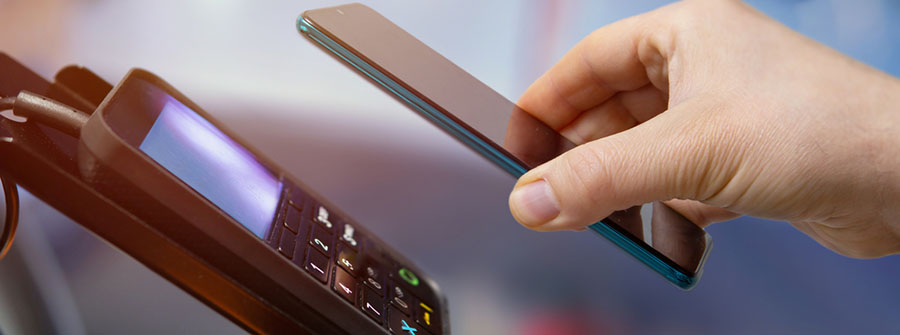Small Businesses Need to Adapt to New Payment Technologies

The first spotlight report on small business from Bank of America’s Merchant Services Division had some important intelligence for small-business owners concerning payment systems. The key finding was that small businesses need to be ready to adapt to rapidly changing payment technologies or risk losing customers and being left behind in the digital payment revolution.

Digging Into the Data
The report found that a key building block to building consumer loyalty is to protect customer data and credit card information. Of consumers who had their banking or personal information stolen, 20 percent said they would not shop at a small business that had experienced a data breach. Small business merchants need to deploy EMV chip card technology at their POS and comply with industry standards. BOA said more than 30 percent of small businesses have experienced a data breach that cost in excess of $50,00 to resolve and to rebuild consumer trust.
“We were intrigued to find that nearly a third of small business owners want and need more education about mitigating fraud and other risks to payment security,” said BOA Heal of Small Business Jill Calabrese Bain in a press release.
Quickbooks reported that mobile payments and digital wallets are as secure as EMV and more secure than swiping credit cards or withdrawing money from an ATM. Like EMV cards, financial services and payment information in the mobile app or digital wallet is encrypted. During payment, money is transferred from the customer’s phone to the POS terminal using encrypted transfer technology to protect it from hackers and other fraudsters.
When it comes to types of payment, the study found that 87 percent of small businesses accept credit cards, 40 percent accept prepaid cards and only 35 percent accept digital payments.That is partially because right now, only 5 percent of customers pay in person with some type of digital payment system, but merchants surveyed said they expected that number to increase significantly over the next five years. Quickbooks stated that the reason customers aren’t paying for more services digitally is because they are concerned about security issues and don’t really feel digital payments are necessary.
Interest Expected to Spike
However, recent data from the statistics portal Statista predicted that worldwide mobile payment revenue is expected to hit more than $1 trillion in 2019. So even though customers may not be interested in mobile payments now, more and more of them will be in just a few short years.
In addition to security concerns, BOA and others say the main roadblocks keeping merchants from including mobile payments are concerns about installation and implementation. Many merchants and retailers have delayed setting up a mobile POS fearing it might be too complicated and time-consuming to install. However, Point of Sale magazine said most of the popular payments systems take almost no time to put in place. They are also designed specifically to be user-friendly — even for those who have limited or no experience with mobile technology. With a mobile payment system, all of your customers’ data will be transmitted digitally so even if a device is lost or stolen, no personal or financial information will be accessible by thieves or hackers.

Connect with Us
With business activities in 50 markets and 150+ currencies around the world, EVO is among the largest fully integrated merchant acquirers and payment processors in the world.
Related News

Finer Frames Streamlines Payments with EVO
Since 1999, Finer Frames in Eagle, Idaho, has provided innovative design, museum framing, restoration, art installation, and a range of…

4 Things A Field Services Business Should Look for in a Payment Processing Partner
Managing a field services business, such as a lawn care or plumbing business, is hard work. The last thing you…

Mobile Payments: Accepting Payments Their Way
The right devices and peripherals make all the difference. There is no doubt that customer expectations for quick and efficient…



